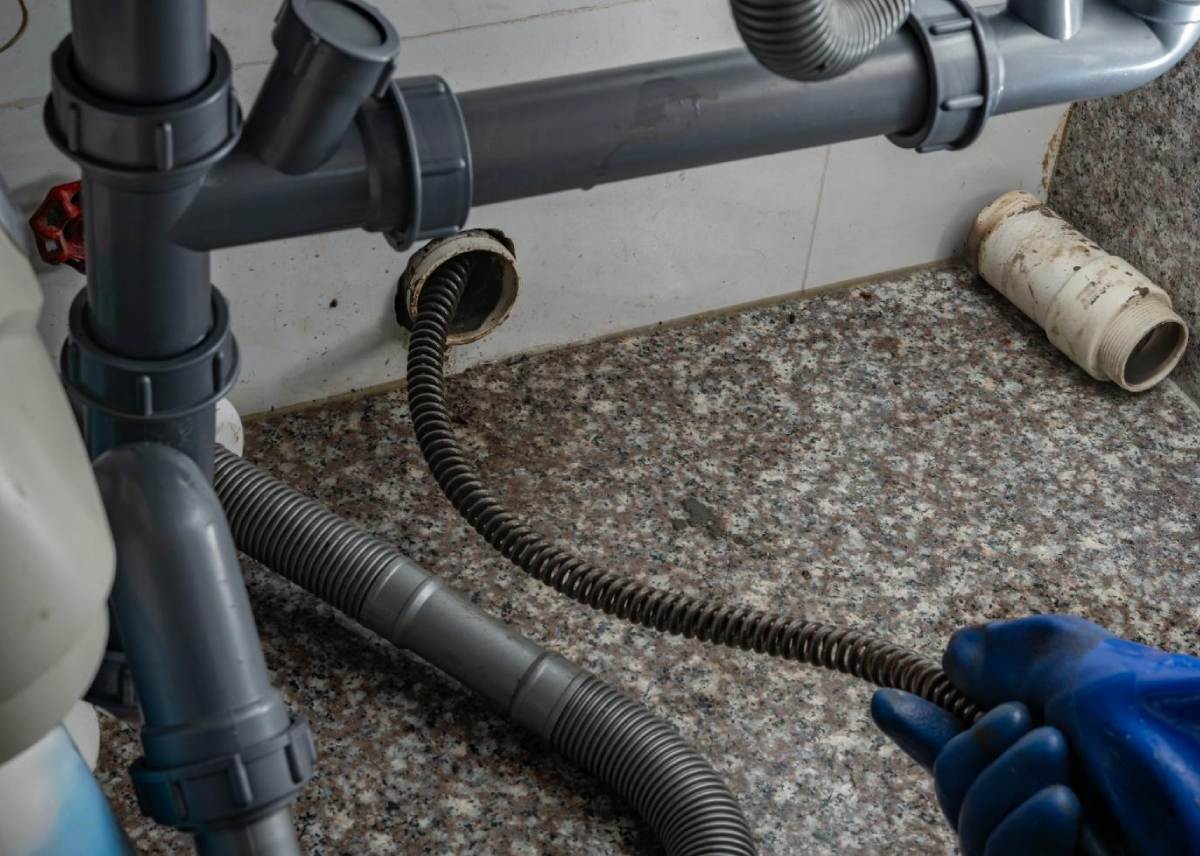
The Importance of a Regular Sanitary Sewer
A functional sanitary sewer system is essential for the health and safety of any urban community. In areas such as North Vancouver, Vancouver, and Burnaby, regular inspection and maintenance of these systems help prevent service disruptions, structural damage, and environmental contamination. These systems transport wastewater from residential, commercial, and industrial properties to treatment facilities. Without consistent monitoring, various issues can arise that affect public infrastructure and private property alike.
At Modern Drainage, we aim to provide factual insight into why regular sanitary sewer maintenance is necessary and how it supports long-term system reliability across the region.
Why Is Regular Maintenance Necessary?
Sanitary sewer systems operate continuously and are subject to physical, chemical, and environmental stress. Over time, sediment, grease, and non-biodegradable materials can build up inside the pipelines. Without intervention, this accumulation can cause blockages, reduce flow efficiency, or lead to overflows that contaminate local water sources.
Maintenance also helps detect and correct structural problems such as cracks, root intrusion, and pipe misalignment. Left unaddressed, these issues can lead to system failure and costly emergency repairs.
Common Issues Detected During Maintenance
Routine inspections often reveal conditions that may not be immediately visible but require attention:
- Debris and grease accumulation: These can limit flow and lead to clogs.
- Tree root intrusion: Roots entering through small pipe openings can expand and block wastewater movement.
- Pipe corrosion or damage: Older metal pipes may deteriorate over time, compromising their function.
- Ground shifting: Soil movement can displace or misalign sections of pipe, affecting flow and increasing the chance of leaks or backups.
Identifying these issues early through scheduled drainage system maintenance minimizes the risk of unplanned disruptions and environmental hazards.
How Maintenance Supports Public Health and Infrastructure
The sanitary sewer system plays a critical role in protecting public health by safely transporting wastewater to treatment facilities. A blockage or failure in the system can result in sewage backups into homes or public spaces, posing serious health risks and potential regulatory consequences.
Additionally, untreated wastewater discharge can contaminate surface water and soil, impacting ecosystems and drinking water sources. Regular cleaning, flushing, and inspection ensure the system performs as intended, even during periods of heavy use or adverse weather.
Preventive Maintenance vs. Emergency Response
Preventive maintenance is typically less costly and disruptive than emergency repairs. It allows for scheduled inspections and repairs under controlled conditions rather than urgent interventions during system failures. Municipalities and property owners benefit from better budget planning and fewer liability risks when maintenance is performed on a recurring basis.
A Long-term Approach to System Reliability
Ongoing sanitary sewer maintenance is essential for the effective functioning of public and private infrastructure. It supports environmental protection, minimizes health risks, and helps avoid costly repairs or service disruptions.
At Modern Drainage, our team endeavours to support long-term system reliability through informed practices and responsible maintenance planning. For any additional information or to request support, please contact our professional team today.




